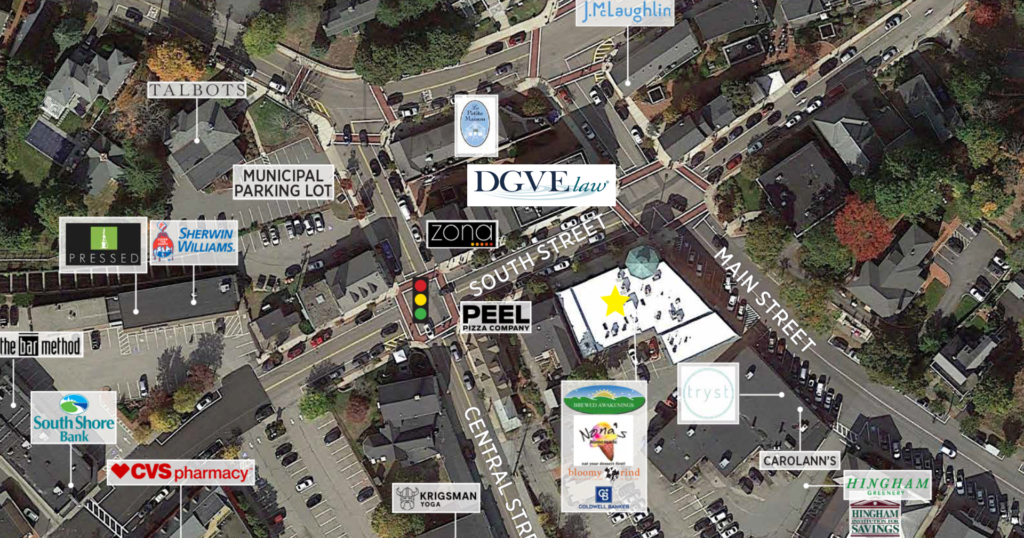“Estate planning” is really about how you wish matters to be handled in the event of your incapacity and after your death.
Who would you want to make medical decisions for you if you were unable? In what ways would you wish to be kept alive and for how long? How would you wish for your funeral and burial or cremation to be handled, paid for, and by whom? In what manner do you wish to pass on both your financial and priceless personal assets to your children or other relatives? Whom you would want to care for any minor children you may have in the unlikely event both you and your spouse should die simultaneously or close in time?
Many young couples, especially those without children, shrug it off saying, “We don’t have anything” and figure they will address these questions farther down the line. The trouble is, most of us forget to come back to them or don’t want to think about such things, and the best time to contact an attorney and think through these difficult and often painful choices is before your family is in crisis. The bottom line is that if you do not address these questions and make these decisions, the state/a stranger will make them for you, and their choices may be very different from yours.
Undoubtedly for parents of young children, the single most anxiety-producing question is what should happen to your children if you are not able to care for them yourself. While it is of course critical to determine whom you would want to be your children’s permanent guardians (and backup/successor guardians), it is just as critical to name temporary/emergency guardians. If your spouse is far away on a business trip and your named permanent guardians are also far away, you may need a named temporary emergency guardian to care for your children until such time as your permanent guardians are able to arrive. Depending on where they are and what is going on in their own lives, that could be a considerable amount of time. If you don’t have immediate family nearby or name someone, it is entirely possible that your children will be placed into foster care temporarily rather than remaining with close family friends, or relatives in their own or a familiar home.
To help you decide whether you should have a Will and other related legal instruments in place now, ask yourself the following questions:
1. Do you own a home, car(s), and/or jewelry (of sentimental and/or financial value)?
2. Do you have a bank account or accounts?
3. Do you have a life insurance policy?
4. Do you have a minor child or children? If so, have you legally named guardians to care for them temporarily and/or permanently in the event you become unable to do so?
5. Have you inherited a substantial amount of money from a relative?
6. Are you estranged from a closely related family member?
7. Do you or your closely related relatives have any special circumstances that might require distributing assets or property to you/them in a slightly different way?
8. Do you have someone legally appointed to make medical decisions for you in the event that you are unable?
9. Do you have someone legally appointed to manage your financial affairs (pay your bills, etc.) if you are unable to do so?
10. Do you have a Will? If yes, how many years old is it, and does it still reflect your individual and/or family situation?
11. Do you have a Living Will? Do you think your family of origin might disagree with your partner or spouse under the stressful circumstances of your incapacity?
12. If you answered no to more than one of the above questions, why? (e.g. didn’t think it was necessary, don’t want to think about these things because it’s unpleasant, afraid can’t afford an attorney, other?)
Estate planning can be a very empowering process instead of the depressing, anxiety-inducing one you might have feared. If you work with an attorney who cares and listens to you and tries to help you as an individual meet your goals, then you are able to control how you pass on not only your financial assets but also your intangible assets. Having a Will is not about plugging your name into some forms, tucking it away, and leaving it to collect dust until your eventual death (an attorney who will charge you hundreds of dollars to do just that is taking your money and running, leaving you and your loved ones largely unprotected). Estate planning should be an ongoing process and collaborative effort between you and your family’s attorney to ensure that your legal documents continue to meet your needs over time and weathering all of life’s changes.
As for cost, reasonable professional attorney fees are far less than the expenses involved in such matters as probating your estate and hiring all the related professionals, especially guardians for any minor child or children should both parents die simultaneously or close in time. The relatively small cost should be a top priority as a form of mental and practical “insurance.”
Let us help you prepare for the thing we’re never prepared to face. Contact us now to get started.
-Danielle



